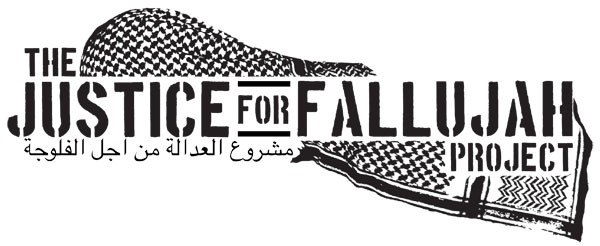*This article appeared in the Inter Press Service on November 18th, 2004*
by Dahr Jamail
BAGHDAD — Journalists are increasingly being detained and threatened by the U.S.-installed interim government in Iraq. Media have been stopped particularly from covering recent horrific events in Fallujah.
The “100 Orders” penned by former U.S. administrator in Iraq L. Paul Bremer include Order 65 passed March 20 to establish an Iraqi communications and media commission. This commission has powers to control the media because it has complete control over licensing and regulating telecommunications, broadcasting, information services and all other media establishments.
On June 28 when the United States handed over power to a ‘sovereign’ Iraqi interim government, Bremer simply passed on the authority to Ayad Allawi, the U.S.-installed interim prime minister who has had longstanding ties with the British intelligence service MI6 and the CIA.
A glaring instance is the curbs placed on the Qatar-based TV channel al-Jazeera.
Within days of the ‘handover’ of power to an interim Iraqi government last summer, the Baghdad office of al-Jazeera was raided and closed by security forces from the interim government. The network was accused of inaccurate reporting and banned initially for one month from reporting out of Iraq.
The ban was then extended “indefinitely.” On Tuesday this week the interim government announced that any al-Jazeera journalist found reporting in Iraq would be detained.
The al-Jazeera office in Baghdad had been bombed by a U.S. warplane during the invasion of March last year. The TV channel had given their exact coordinates to the Pentagon to avoid such an occurrence. One of their journalists was killed in the bombing.
Al-Jazeera now broadcasts a daily apology “because we cannot cover Iraq news well since our offices have been closed for over three months by orders from the interim government.”
Other instances of political repression abound. The media commission sent out an order recently asking news organisations to “stick to the government line on the U.S.-led offensive in Fallujah or face legal action.” The warning was sent on the letterhead of Allawi.
The letter also asked media to “set aside space in your news coverage to make the position of the Iraqi government, which expresses the aspirations of most Iraqis, clear.”
Last week a journalist for the al-Arabiya network was detained by U.S. forces outside Fallujah when he attempted to enter the besieged city.
Citing another al-Arabiya correspondent as its source, the U.S.-based Committee to Protect Journalists (CPJ) said the Arabic satellite station had lost contact with Abdel Kader Saadi, a reporter and photographer living and working in the Sunni Muslim city, on Nov. 11.
French freelance photographer Corentin Fleury was detained by the U.S. military with his interpreter, 28 year-old Bahktiyar Abdulla Hadad when they were leaving Fallujah just before the siege of the city began.
They had worked in the city for nine days leading up to the siege, and were held for five days in a military detention facility outside the city.
“They were very nervous and they asked us what we saw, and looked over all my photos, asking me questions about them,” Fleury told IPS. “They asked where the weapons were, what the neighborhoods were like, all of this.”
Fleury said he had photographed homes destroyed by U.S. warplanes, and life in the city leading up to the siege.
“They wanted information from me regarding the situation in Fallujah, but they have yet to release my translator,” he said. “I made a silly photo of him holding a sniper rifle, and I think this is why they are holding him. I’ve been trying to get information for the last five days on him, and the French embassy has been trying to get him out, different journalists he’s worked with are sending letters, but there has been no luck so far.”
